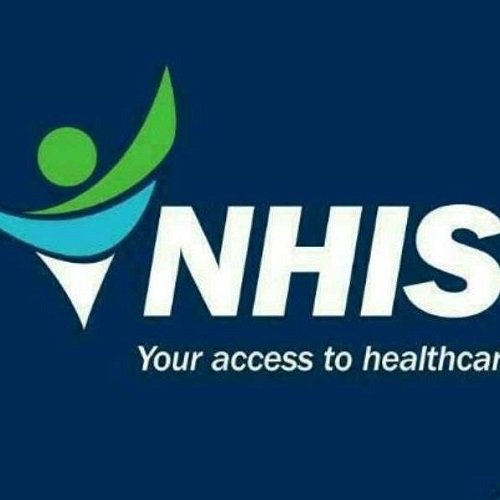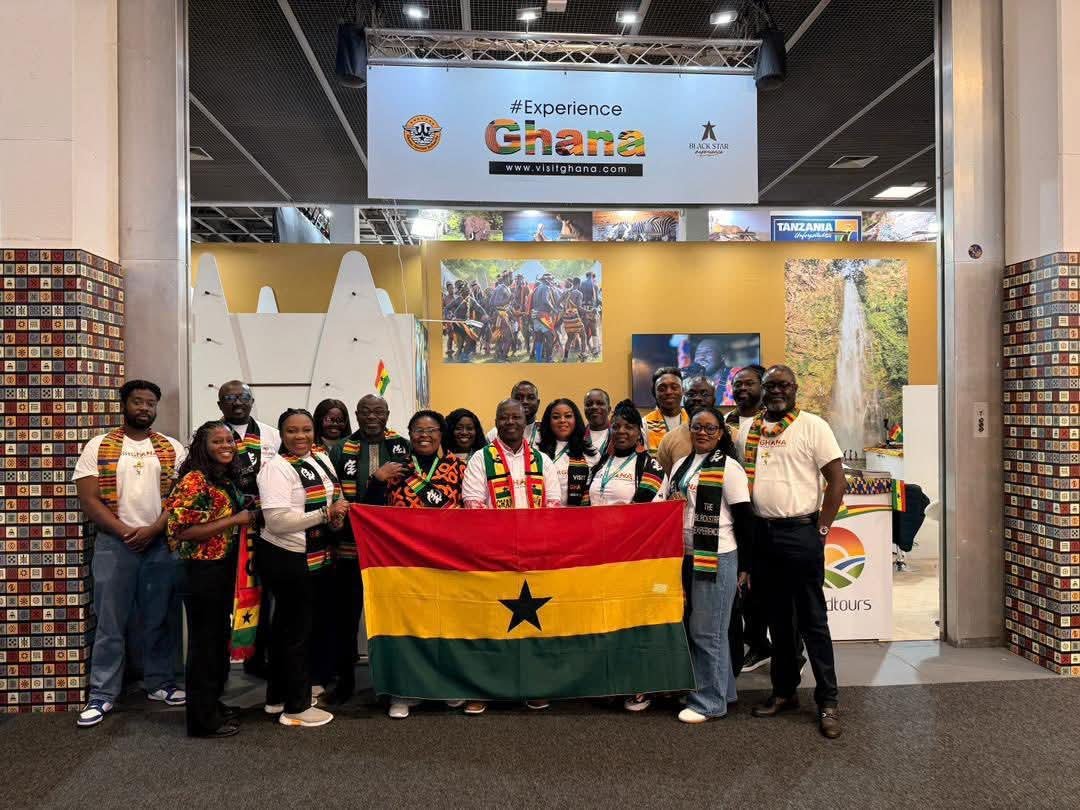Hot!
What your NHIS card can do for you

The National Health Insurance Scheme (NHIS) remains one of the most important social interventions in Ghana’s healthcare system.
For many Ghanaians, it is a lifeline that removes the financial burden of paying for basic healthcare out of pocket.
But while many people own an NHIS card, not everyone is fully aware of what it covers and what it doesn’t.
With a valid NHIS card, patients can access both out-patient and in-patient services at accredited hospitals and health centres.
This includes consultations with doctors, laboratory tests, ultrasound scans, and prescribed medicines listed under the scheme’s approved drug list.
Minor surgeries done without overnight stays, such as hernia repairs and drainage of abscesses, are also covered.
The scheme supports clinical family planning services and provides treatment for certain types of cancers, including four major childhood cancers.
If a patient is admitted to the hospital, NHIS covers general and specialist care, surgeries, medications, physiotherapy, and even feeding where available.
For women, maternal services such as antenatal care, normal delivery, Caesarean sections, and postnatal visits are all catered for.
Eye care services like cataract removal and visual testing, as well as some mental health treatments for conditions like depression, anxiety, and schizophrenia, have been added to the package in recent years.
Emergencies are not left out. Whether it’s a road accident, a medical crisis, or a surgical emergency, the NHIS provides support. CT scans and MRIs are also allowed in emergency trauma cases.
However, it’s important to note that the scheme does not cover everything. Treatments like cosmetic surgery, organ transplants, HIV retroviral drugs, some advanced heart and brain surgeries, and care abroad are excluded. Certain devices such as hearing aids and dentures are also not part of the benefits.
To stay active on the scheme, users are encouraged to dial *929# to renew and link their NHIS card to their Ghana Card.
The MyNHIS app also provides a convenient way to register and manage your membership.
Understanding what your card can do for you ensures you make the most of your entitlements the next time you seek healthcare.
By: Jacob Aggrey
Hot!
Diaspora Affairs Office hosts African diaspora delegation ahead of citizenship conferment

The Diaspora Affairs Office at the Office of the President has hosted a delegation of African diaspora women who are in Ghana ahead of a planned Presidential Conferment of Citizenship ceremony.
The Director of Diaspora Affairs, Kofi Okyere Darko, explained in a Facebook post that the visit was a gesture of appreciation by the delegation to the Government of Ghana for its continued efforts to reconnect Africans in the diaspora with their ancestral homeland.
He indicated that the ceremony, scheduled for next Monday, will officially grant Ghanaian citizenship to members of the delegation as part of the country’s broader engagement with the African diaspora.
The delegation was led by Erica Bennett, Founder of the Diaspora Africa Forum.
According to Mr Okyere Darko, her years of advocacy have played an important role in strengthening ties between Africa and people of African descent living abroad.
He noted that the group’s journey towards citizenship represents not only a legal process but also a cultural and spiritual return to their roots.
Also present at the meeting was Natalie Jackson, an attorney who is also expected to receive Ghanaian citizenship during the ceremony. She works closely with renowned civil rights lawyer Ben Crump.
Mr Okyere Darko emphasised that Ghana remains committed to strengthening relationships with the African diaspora and promoting unity, identity, and shared heritage among people of African descent worldwide.
By: Jacob Aggrey
Hot!
Ghana Showcases Culture and Investment Potential at ITB Berlin 2026

Ghana Tourism Authority is leading Ghana’s participation at ITB Berlin, which opened in Berlin with a vibrant national pavilion highlighting Ghana’s rich cultural heritage, tourism destinations and investment opportunities.
March 5 has been designated as Ghana Day, a special platform to promote Ghana’s languages, cuisine, Kente, festivals and business prospects to the global tourism community. The stand has already drawn strong interest with traditional arts and crafts displays, immersive multimedia presentations and popular Ghanaian snacks.
Seven private-sector players are exhibiting alongside government officials as part of efforts to deepen trade partnerships, expand market access, and attract investment across the hospitality, heritage tourism, ecotourism, and creative arts sectors.
Ahead of the official opening, the Ghana delegation also engaged young Ghanaian investors in Germany in collaboration with V Afrika-Verein and the Ghana Embassy, strengthening diaspora investment linkages and highlighting opportunities within the tourism value chain.
Ghana’s coordinated presence at ITB Berlin 2026 reinforces its strategy to position the country as the Gateway to Africa and a competitive destination for leisure travel and global investment.

 News1 week ago
News1 week agoFinance Minister outlines new gold policies to boost reserves and curb smuggling

 News1 week ago
News1 week agoSam George launches the 2026 Meteorological Awareness Month; presents the 2026 seasonal forecast for southern Ghana

 Hot!1 week ago
Hot!1 week agoBreaking: Footballer who killed two children in Abesim handed lifetime sentence






